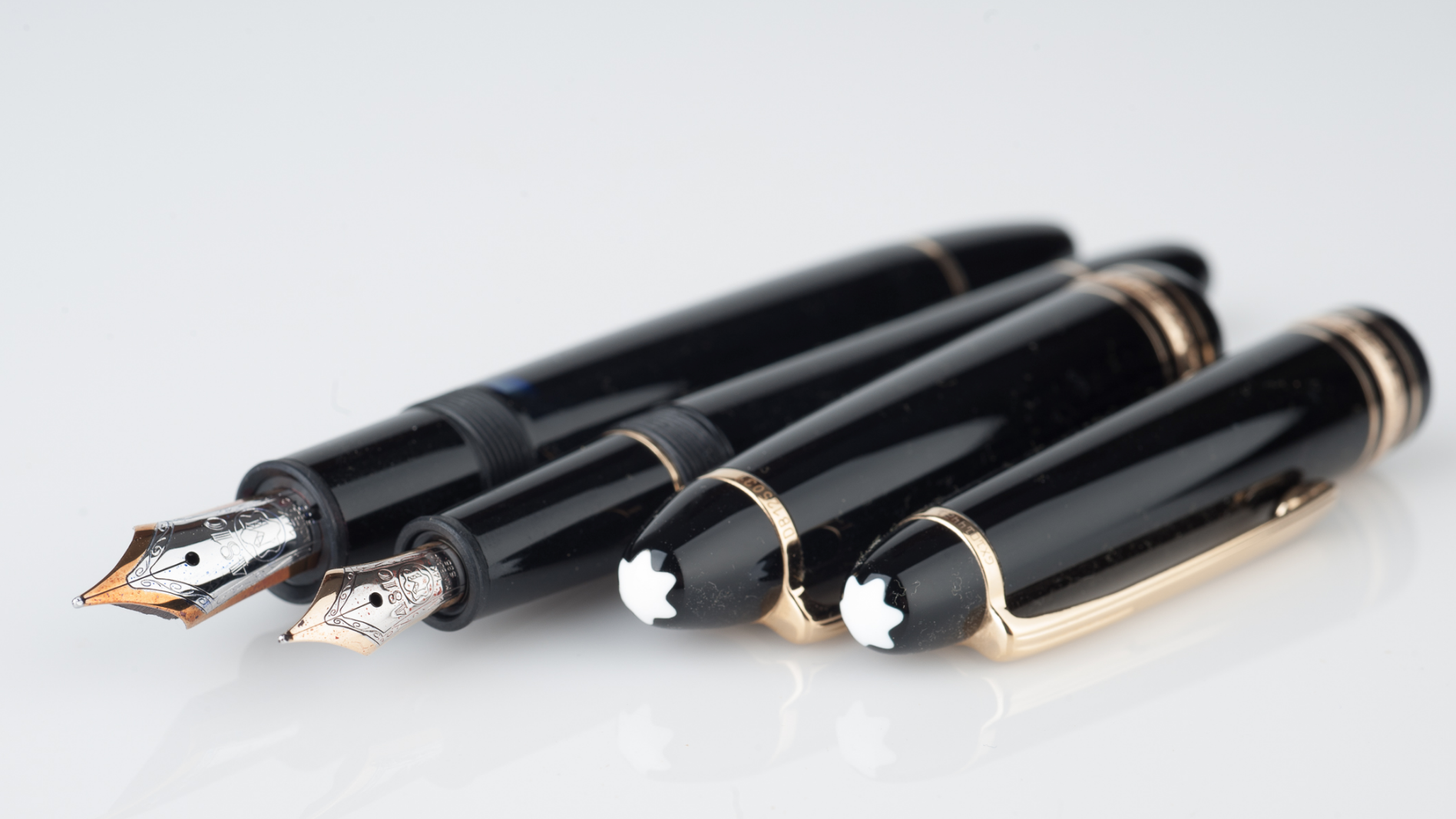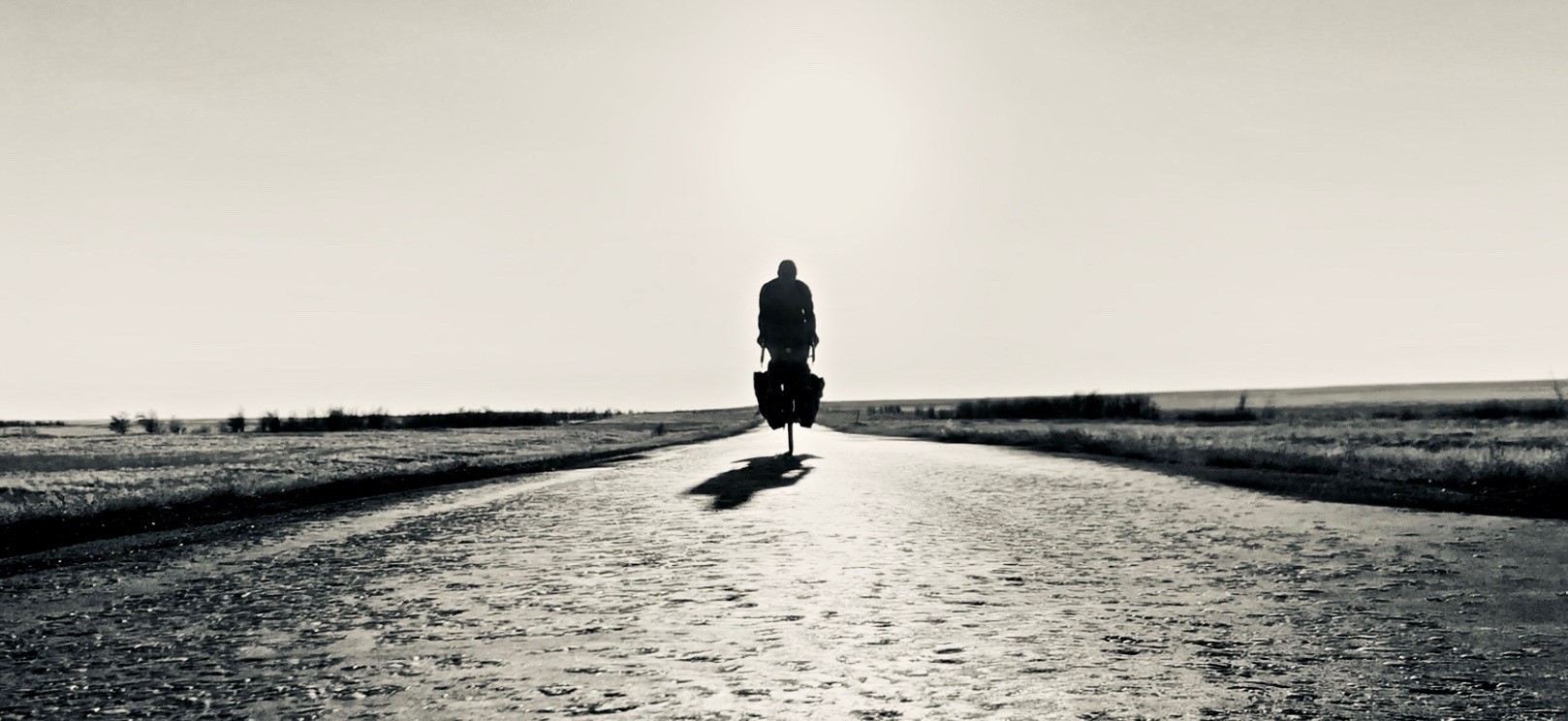In October, my second book, A Rolling Stone: Taking the Road Less Travelled, was released.

Should I self-publish my book?
You’ve got an idea and decided to write a book. Step one on the literary journey is complete but there’s a whole minefield ahead. Beyond the obvious question of how to actually write the thing (this was my approach if you’re interested), one of the big considerations is whether traditional publishing is the best route to take.
In the past, if you wanted your book in the hands of others then a traditional publisher was the only option. The rise of Amazon, Print on Demand (POD) and eBooks have rather changed that outlook.
There are a whole host of arguments for traditional publishing vs self-publishing. These are a few of the key questions to consider.
BARRIERS TO ENTRY
It’s highly likely you will have an image of it on the bestsellers list in Waterstones proudly shunting Bill Bryson and JK Rowling down the pecking list.
If you’ve taken the trouble to write the book, it’s likely you want people to read and engage with it. You want it to have an impact on the reader so they can be distracted, inspired or informed. The one way to ensure your book gets out there is to self-publish. The process of securing an agent and a publisher is a tricky one (a post on that in due course).
By self-publishing, you are putting the ball back on your side of the court. You’re moving from the 1% chance of getting that deal with Penguin Random House or HarperCollins and giving yourself 100% chance of having it on Amazon. Not bad odds.
That decision is one totally dependent upon your reasons and ambitions for writing.
TIMEFRAME
Time can be a consideration when making this decision. I don’t see it as the key one, if it is your primary reason for self-publishing then I would seriously consider waiting, but it is certainly a factor.
If you’re happy to wait for agents, marketing maestros, publishers and designers then traditional publishing is ideal. It can take many months, years even, to get those ducks aligned and ensure that your launch is done in the most PR savvy way.
I felt rather helpless and frustrated getting an auto-response email from a dream agent saying, “Thanks for getting in contact with us. We will do our best to get back to you as soon as possible but, due to sheer demand, this could take 8-10 weeks.”
Self-publishing can take as long or as short as you like. It would have been a totally rash decision, but I could have published my very first draft two weeks after writing it, if I so wished. Unsurprisingly, I waited to ensure I gave myself a bit of breathing space, got the edits done effectively, completed the Kickstarter and could then get it out there when it suited me best.
COSTS
Self-publishing will cost you money. There are ways of countering that through things like Kickstarter, which I did for In Search of Sisu, but fundamentally it has to cost money. You may decide to edit it yourself, proofread it, design the cover and sort the marketing, but costs are unavoidable. That could be an International Standard Book Number (ISBN), the unique barcode and numbers you see on the back of a book, it could be postage, use of quotes in the text, printing or a launch party.
Each author will take their own accepted risk for these costs. Before deciding on the Kickstarter option, my primary ambition for In Search of Sisu was not to lose money in the process. That, I thought, would be a bit of a morale hit. The level of cost is up to you really and how many professionals you’re willing to pay to alter the content. As a rough estimate, self-publishing will cost between £2-4,000.
Traditional publishing, however, shouldn’t cost you a penny.
In theory, you write your proposal and find an agent. The agent finds you a publisher, you get an advance and you keep writing. The book is then published, you get some royalties and life is all good. In fact, zero costs (other than time) and you’ve avoided lots of hassle. No brainer right?!
A final consideration in terms of costs is royalties. I’ll leave you to do the maths on book sales vs marketing costs vs income.
– Traditional publishing means the author will take c. <10% of print royalties and 20-25% of eBook royalties.
– Self-published authors will take c. 30% of print royalties and 65% of eBook royalties.
SALES/MARKETING
If you secure a great publishing deal, then huge congrats, it’s probably well deserved. So many weights have been taken off your mind and you can no longer feel like Atlas, with the world on your shoulders.
An upside of a publishing deal is that there are now so many more people emotionally and financially incentivised to see your book do well. Your agent, the publisher and the bookshops all want your book to sell. It justifies their decision, it increases their reputation and keeps the money coming in. This is a business after all! Speaking to published authors I know, don’t rely solely on the publishers but a large quantity of work is off your to-do list.
As a self-published author, nobody will read your book unless you tell them about it. Yes, word of mouth might work when it is actually out, but before that, you need to get the word out there. You need to believe in your product and you need to market it.
The first bit is easy, if you don’t believe it’s any good then it hardly instils confidence in others, but the second is a real nuisance. I’ve never liked this aspect. I disliked it when I was looking for sponsors and disliked it when I was flogging the Kickstarter. However, if you aren’t switched on with this aspect then don’t prepare yourself for the One Show interview sofa just yet…and no, I’m not preparing myself either.
CREATIVE CONTROL
The big one. This for me is the reason. In fact, you could remove all the other factors and this would satiate my desire to self-publish.
Looking beyond the entrepreneurial aspect of self-publishing, having creative control over the book you produce is the most important thing for me. I might well change my perspective as years go on, but for this book, my first, and a really personal one, I did not want anyone to mess with the story.
I had a few agents interested in the book and they offered kind advice about tweaking a few things so it would sell better (character arcs, title, threads in the book etc). I took these on board but quickly realised that I didn’t really want to pander to their perspective wholly. This was my story and, rightly or wrongly, I wanted to have control of that and fall on my sword if it goes tits up.
I’ve loved working with an editor, proofreader, cover designer and my Kickstarter team. I’ve loved getting feedback from others, despite the frustrations that collaborative creation has.
Why? Because at the end of it, I can decide on the dedications, the chapter titles, the characters I include, the language I use and the book title.
People might think the end result is crap or they might think it’s great. When my book is finally out there, I can proudly take full responsibility and that’s worth everything.
MORE INSPIRATION
These four pages were useful to me to work out the best approach.
Al Humphreys – How to publish your book
Reedsy – Self-Publishing vs Traditional Publishing: Which is right for you?
The Creative Penn – Pros and Cons of Traditional Publishing vs Self-Publishing
Huffington Post – Should you self-publish Your First Book



